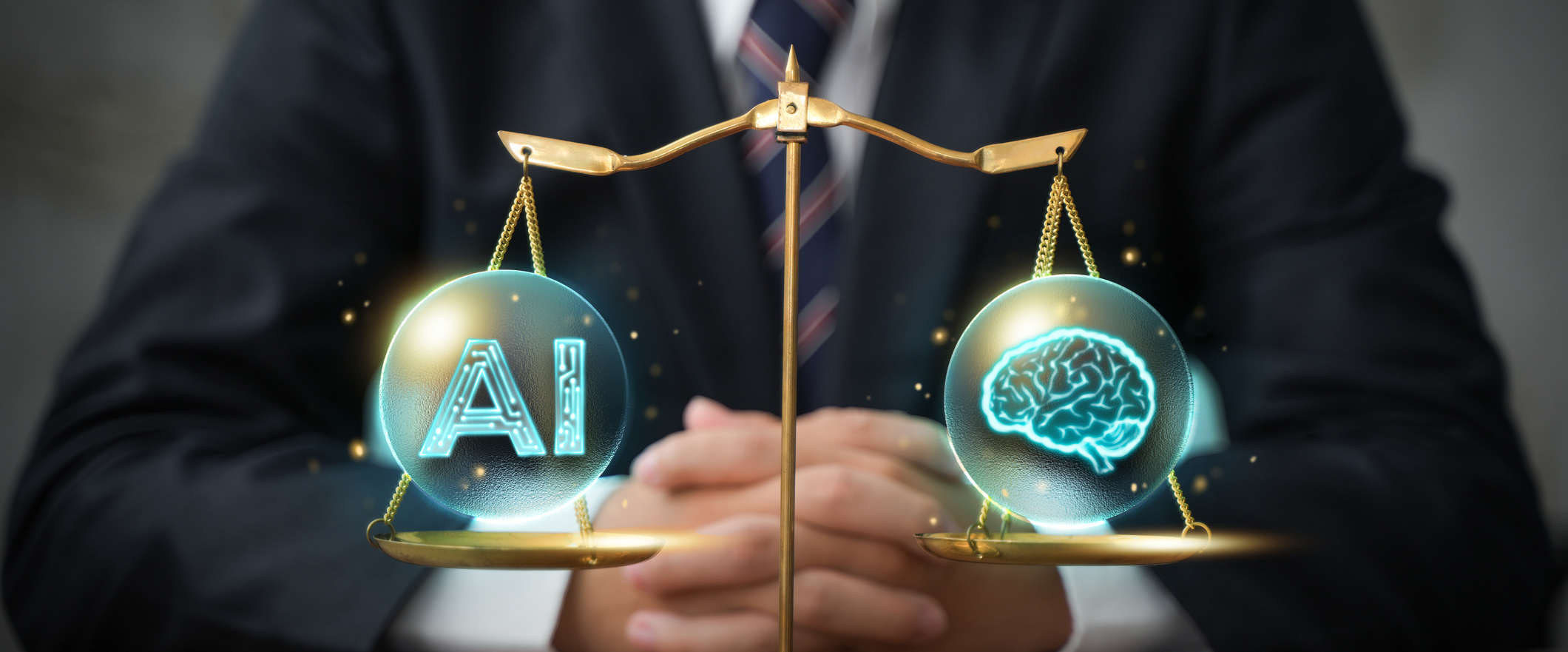A transformative shift is underway in professional services, driven by artificial intelligence. As just one indication, over three-quarters of the professionals surveyed (77%) for the latest Thomson Reuters Future of Professionals Report believe AI will significantly impact their work over the next five years.
For law firms navigating this revolution, the need to balance innovation with ethical responsibility is especially acute.
Privacy and Data Security in Generative AI
In an industry where client confidentiality is paramount, the integration of AI into legal workflows raises pressing privacy concerns. Nearly two-thirds of professionals (65%) surveyed for the report cited data security as a vital component of responsible AI use.
Handling Confidential Client Data
“We have had a lot of good conversations with clients,” David Cohen of Canadian law firm McCarthy Tétrault noted in a recent Lexpert/Thomson Reuters roundtable on AI in law. “They express their concerns about data privacy.”
Cohen’s firm, for one, has responded to these concerns by implementing rigorous security protocols around the firm’s use of AI to prevent data commingling. Such measures are critical for maintaining client confidentiality and trust.
Security Concerns in Cloud-Based AI Systems
Cloud-based AI systems can introduce unique vulnerabilities. One such risk is that confidential data may be inadvertently shared with AI vendors and used as training data for large language models.
To address such risks, firms should conduct thorough security assessments that examine system vulnerabilities and evaluate their own and their vendors’ data protection protocols.
For best results, assessments should include both internal reviews and external audits by cybersecurity experts. These experts can identify potential weaknesses before they are exploited or lead to unintentional data leaks.
Mitigation Strategies for Law Firms
To ensure ethical integrity and data security, firms must develop and enforce strong AI policies and governance frameworks.
Key components should include:
- Approved tool lists with security-vetted vendors
- Clear protocols for data handling and access
- IT security assessments before any AI deployment
- Ongoing monitoring and audit procedures
- Security training for staff members who will use AI
Bias in AI-Generated Legal Advice
Legal practitioners face significant ethical challenges due to AI bias and must work to ensure fair and just representation for all clients.
The Origins of AI Bias
AI systems can inadvertently perpetuate historical biases present in their training data. This bias can impact areas such as contract analysis and litigation strategy recommendations.
Ethical Risks in Decision-Making
“AI doesn’t have human insight or instincts, doesn’t know the client the way you do, can’t read the room the way we do,” Valerie McConnell of Thomson Reuters said during the roundtable discussion. This limitation underscores the critical importance of human oversight in legal decision-making.
Building Fairer AI Systems
Speaking of human oversight, law firms must regularly audit and test AI outputs to identify and address biases. This ensures that the technology supports justice rather than undermining it.
Transparency and Accountability in AI Use
The “black box” nature of AI systems (i.e., with hidden and difficult-to-explain inner workings) creates challenges for legal professionals who must maintain transparency with clients and courts.
The Challenge of the “Black Box” Problem
Legal professionals have a responsibility to clarify and justify their use of AI in legal processes. That means the buck stops with them. As Rikin Morzaria of Kinara Law said about AI-generated output during the roundtable, “I treat it as something that would be submitted by a student or an intern, something that needs to be reviewed again.”
Ensuring Human Oversight
According to the Future of Professionals Report, 62% of professionals believe that mandatory human reviews of AI outputs are essential for responsible use.

